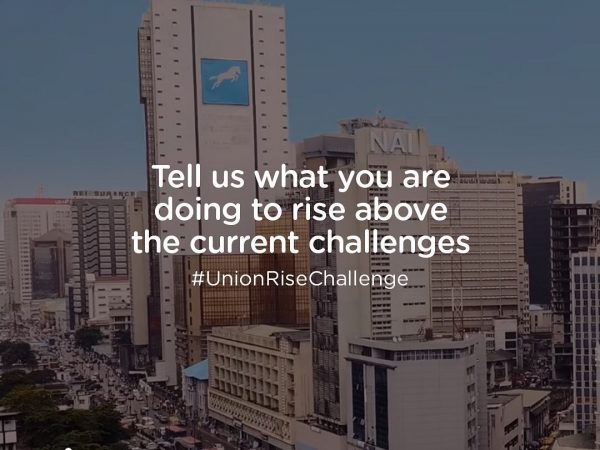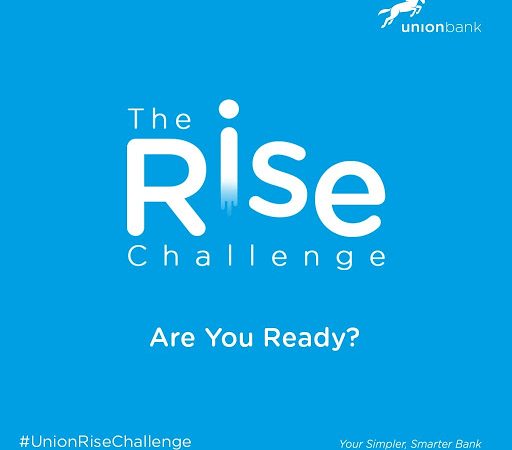
By Oyinkan Adewale
Mrs. Adewale is Executive Director, Chief Financial Officer, Union Bank.
In 2017, Nigeria’s Gross Domestic Product (GDP) growth was 0.83% (compared to a decline of 1.58% in 2016). In the second quarter of 2017, the country officially emerged from arecession which had lasted about a year. The Services sector grew by 0.1% in the fourth quarter of 2017, marking the first time the sector had grown since early 2016.
Despite emerging from the recession last year, Nigeria continues to struggle with high unemployment rates. In the third quarter of 2017, the country’s unemployment rate climbed to 40% (combining unemployment and underemployment rates), from 37% in the second quarter of 2017 and 35.2% at the end of 2016.
Women make up the majority of the unemployed in Nigeria. In the third quarter of 2017, female unemployment recorded 43% in comparison to 37.0% for male. These statistics are sobering: for women in Nigeria, although underemployment improved from 24.2% to 21.8%, unemployment worsened rather sharply from 16.3% to 21.2% in 9 months (from the fourth quarter of 2016 to the third quarter of 2017).
To give some context to these figures, for women in the UK, unemployment rate was 4.2% and in the US, 4.1% in the third quarter of 2017. The Nigerian statistics are plainly far worse.
The case for job creation for Nigerian women
Clearly, there is the urgent need to reduce women unemployment rates in Nigeria. In order to match the unemployment rates in the UK, we would need to create 7.1 million jobs. The question however remains-“Who is responsible for creating these jobs – the Government or the people themselves?”
Nigeria is the 7thmost populous country in the world and has a population estimated to be in excess of 180 million people with a growth rate of 2.6%. The World Economic Forum estimates that by 2060, Nigeria will be the third most populous country in the world, behind India and China. This paints a clear picture of the scale of work that needs to be done to ensure that there are sufficient jobs for the working class.
Considering these figures, we would be mistaken to assume that the Government is capable of providing enough jobs to cater to our ever growing population.
However, there seems to be a way out of this quagmire.
It is often said that SMEs are “the engine of growth” in the economy; indicating that job creation is best achieved by delving into the world of entrepreneurship. World Bank records state that at the end of 2017, self-employed individuals made up 62.2% of the entire population of Sub-Saharan Africa, in contrast to 15.8% in the European Union and 10.5% in North America.
Becoming an entrepreneur
According to Diane Hendricks, Co-founder of ABC Supply, “ ‘Entrepreneur’ is a word that means you’re going to work, take risks and be disappointed. It’s a big commitment.”
The amount of work required to start a business should not be underestimated. Starting up a business requires a lot of determination and often, only pays in the long term. Another major ingredient for success is stamina to remain in the business despite any issues encountered.
Starting a business also requires managerial skills. As one begins to build up a workforce, it is important to pull together a high performing team that will positively contribute to the business.
Furthermore, when starting a business, there is the need to acquire the necessary qualifications. And it doesn’t end there! You need to keep attending trainings to keep abreast of changes in the industry and constantly building on this knowledge, to stay relevant.
Choosing your niche: Deciding on the business to venture into
If you decide that entrepreneurship is for you, you should start by identifying what you have a passion for and whether or not there is a demand for that product or service. An entrepreneur who is impassionate about his product or service will not be able to defend it effectively before a potential financier. At the first sign of stress or adverse wind, he or she is likely to give up.
The next step would be to carry out proper research. Projects can be thoroughly researched on the internet and by attending conferences/seminars to ensure you broaden and deepen your knowledge.
Questions that your research should answer include: Who else is offering this product or service? What is the gap in the market? Who needs the commodity? Is this a saturated market or greenfield? How profitable is it? The scope of the research is vast but the importance of carrying it out cannot be overemphasized. Potential financiers are be unlikely to give financial backing to an ill-informed promoter.
After considering whether your passion is aligned with the gap in the market, a top-down analysis (reviewing from the economy to the industry and then the business) is helpful to assess and consider whether there is potential for further growth in the industry as a whole. Lastly, it is important to decide on the target market and to clearly define a niche. This should be followed by a review of the market dynamics. A useful tool in determining the competitive landscape is the Five Forces Analysis which explores concepts such as: the barriers to market entry, the level of threat of substitutes, the bargaining power of suppliers and customers and the extent of competitive rivalry and how these affect the market.
………………………………..
Mrs. Adewale is Executive Director, Chief Financial Officer, Union Bank.This is the 1st part of a paper delivered by her at a recent IWD seminar organized by a women empowerment NGO.


